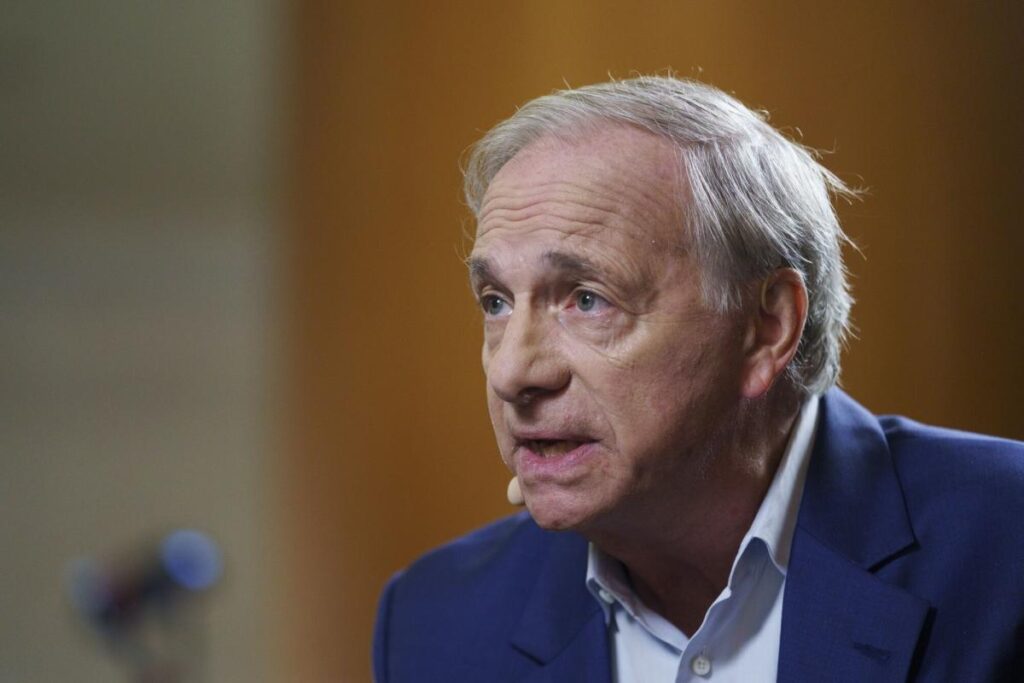Billionaire investor Ray Dalio has expressed skepticism regarding the Federal Reserve’s rate-cutting trajectory following its recent reduction of the federal funds rate by half a percentage point. Speaking at the Greenwich Economic Forum, Dalio noted that the economy is currently in a state of “relatively good balance,” which implies that he does not see the Fed making substantial cuts in interest rates in the near future. His comments come in light of the strong employment data presented in the September jobs report, suggesting that the Federal Reserve may not feel the urgency to adjust rates more aggressively given the healthy labor market and stable economic indicators.
Dalio’s analysis spans beyond monetary policy, addressing the broader economic landscape and political implications. He highlighted a unique supply-demand dynamic within the Treasury bond market, identifying concerns over excessive exposure among institutional investors. As Treasuries hold a significant proportion of these investors’ portfolios, Dalio flagged the market as potentially overextended. Additionally, geopolitical factors are a consideration, as countries that hold U.S. bonds may now harbor anxieties about potential sanctions or adverse policies from the U.S. government, further complicating their investment decisions.
In his reflections on U.S. politics, Dalio discussed the economic strategies of presidential candidates, particularly focusing on Donald Trump and Kamala Harris. He articulated a favorable view of Trump’s approach, especially concerning corporate tax reforms, which he described as “more classically capitalistic.” Dalio noted that the tax reductions could incentivize business growth and investment. He also indicated that Trump’s proposed tariffs could generate substantial revenue—estimated at around $800 billion annually—which he perceives as a strategic tool for reshaping trade relationships.
While expressing confidence in Trump’s economic policies, Dalio acknowledged the complexities and challenges posed by the current geopolitical climate. This includes trade tensions and the ramifications of international relations on economic stability. His comments underline the interconnectedness of domestic fiscal policies with global market dynamics, suggesting that policy decisions in one area can ripple through the economy at large, affecting investor sentiment and market performance.
Dalio’s insights resonate with the broader market sentiment where investors are weighing economic indicators and policy announcements against a backdrop of uncertainty. The interplay between fiscal policy, particularly in light of the Federal Reserve’s actions, and external factors such as international relations and investor confidence in bond markets is crucial for understanding future market movements. The current state of the economy, along with Dalio’s assessments, highlights a careful balancing act that policymakers must navigate to foster growth while managing risks.
In conclusion, Ray Dalio’s commentary provides a comprehensive view of the interplay between monetary policy, political landscape, and market dynamics. His cautious outlook on interest rates, combined with an appraisal of Trump’s economic policies and the peculiarities of the Treasury bond market, underscores the complexity of today’s economic environment. As investors and policymakers alike grapple with these challenges, Dalio’s insights may serve as valuable guidance in anticipating potential outcomes in a continually evolving financial landscape.

